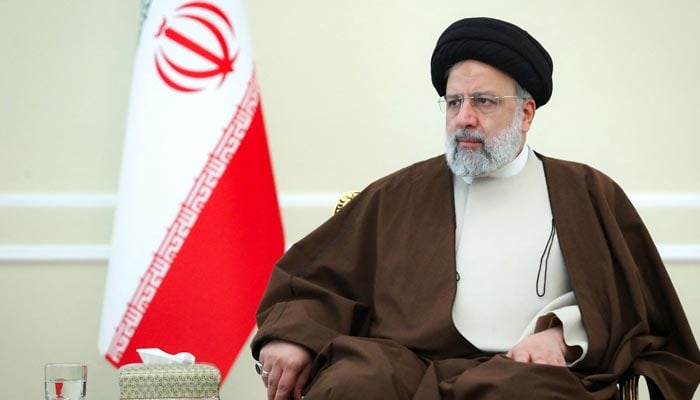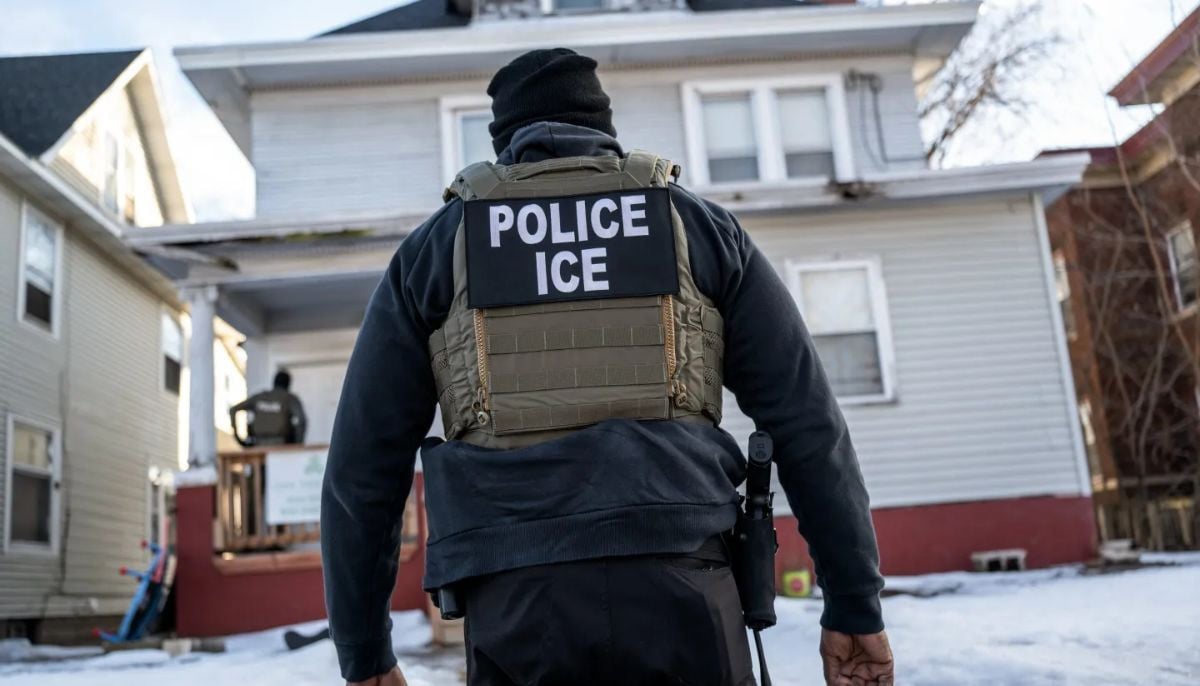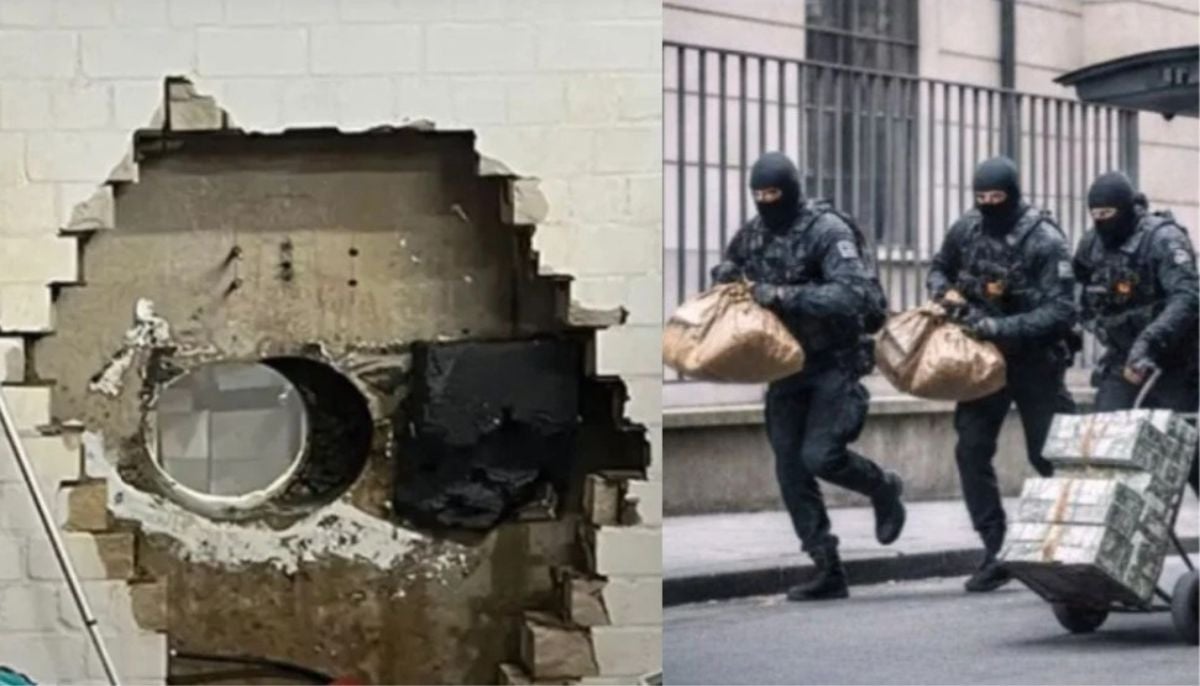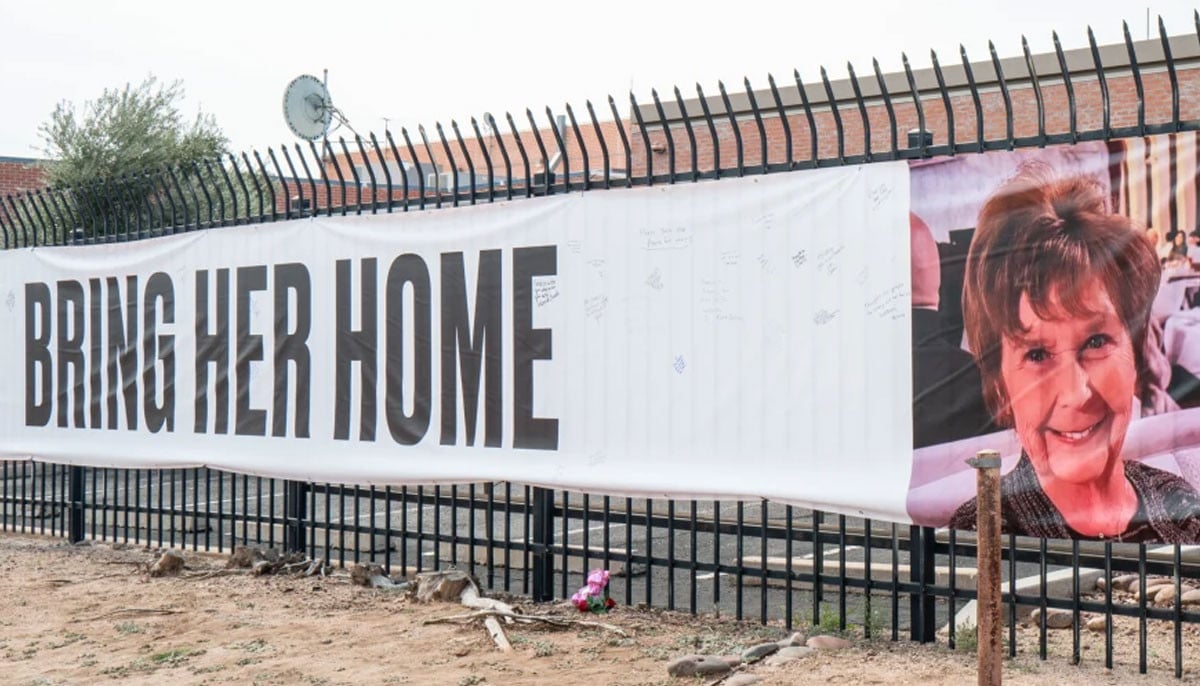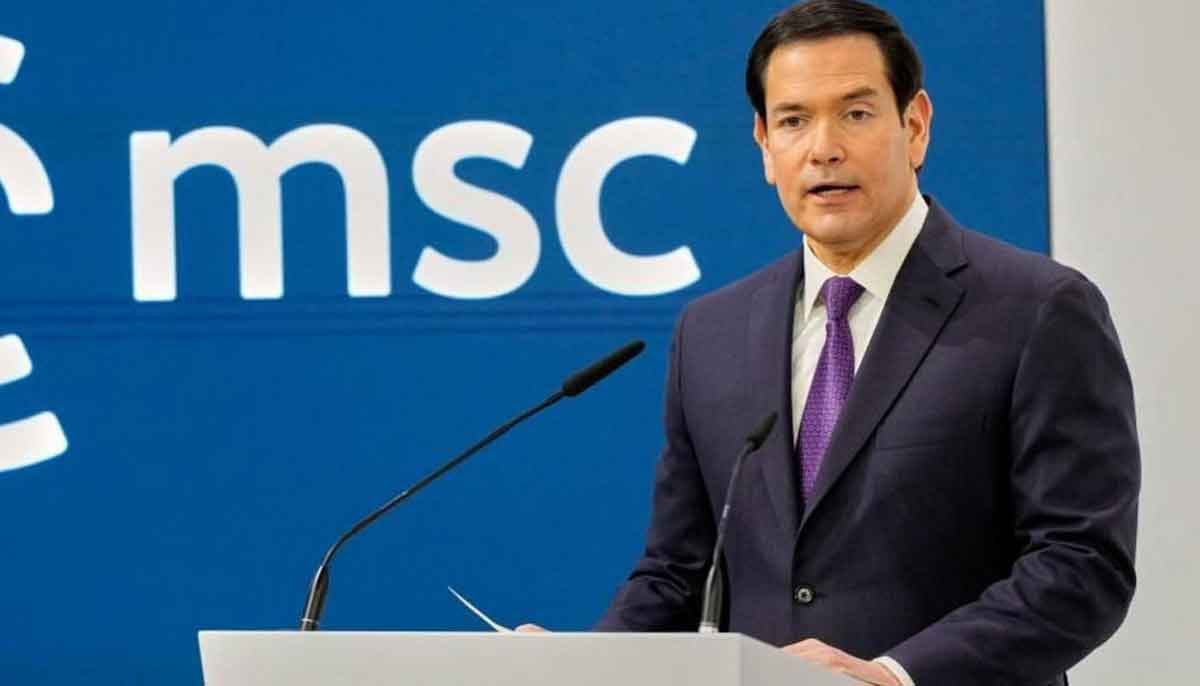Iran's President Raisi 'welcomes' invitation by Saudi King Salman
Development comes following reconciliation deal between two regional heavyweights
TEHRAN: Iranian President Ebrahim Raisi has favourably received an invitation from Saudi Arabia's King Salman to visit the kingdom following the reconciliation deal between the two countries, an Iranian official said Sunday.
"In a letter to President Raisi... the King of Saudi Arabia welcomed the deal between the two brotherly countries (and) invited him to Riyadh," tweeted Mohammad Jamshidi, the Iranian president's deputy chief of staff for political affairs, adding that "Raisi welcomed the invitation".
The two regional heavyweights announced on March 10 a Chinese-brokered deal to restore ties seven years after they were severed.
Riyadh cut relations after Iranian protesters attacked Saudi diplomatic missions in 2016 following the Saudi execution of cleric Nimr al-Nimr — just one in a series of flashpoints between the two longstanding regional rivals.
The deal is expected to see Iran and Saudi Arabia reopen their embassies and missions within two months and implement security and economic cooperation deals signed more than 20 years ago.
Iranian Foreign Minister Hossein Amir-Abdollahian told reporters on Sunday that the two countries had agreed to hold a meeting between their top diplomats.
He added that three locations for the talks had been suggested, without specifying which.
The detente between Saudi Arabia, the world's biggest oil exporter, and Iran, strongly at odds with Western governments over its nuclear activities, has the potential to reshape relations across a region characterised by turbulence for decades.
Iran and Saudi Arabia support rival sides in several conflict zones including Yemen, where the Huthi rebels are backed by Tehran, and Riyadh leads a military coalition supporting the government.
The two sides also vie for influence in Syria, Lebanon and Iraq.
A number of Gulf countries followed Riyadh's action in 2016 and scaled back ties with Tehran, though the United Arab Emirates and Kuwait recently restored ties.
Iran said last week it would welcome restoring ties with Bahrain following the deal with Saudi Arabia.
In the past, Bahrain accused Iran of having trained and backed a Shiite-led uprising in the Sunni-ruled kingdom in order to topple the Manama government. Tehran denies this.
In September, Iran welcomed an Emirati ambassador after a six-year absence, and a month earlier it said Kuwait had sent its first ambassador to Tehran since 2016.
Iran's top security official Ali Shamkhani also held talks with Emirati President Mohamed bin Zayed Al Nahyan in Abu Dhabi on Thursday in yet another sign of the shifting relations in the region.
-
key details from Germany's multimillion-euro heist revealed
-
Search for Savannah Guthrie’s abducted mom enters unthinkable phase
-
Barack Obama addresses UFO mystery: Aliens are ‘real’ but debunks Area 51 conspiracy theories
-
Rosie O’Donnell secretly returned to US to test safety
-
'Harry Potter' star Rupert Grint shares where he stands politically
-
Drama outside Nancy Guthrie's home unfolds described as 'circus'
-
Marco Rubio sends message of unity to Europe
-
Hilarie Burton reveals Valentine's Day plans with Jeffrey Dean Morgan
